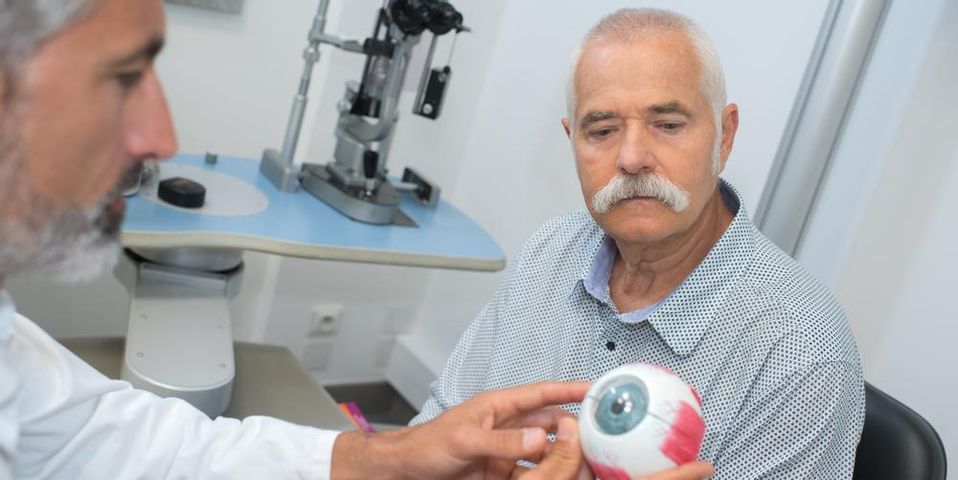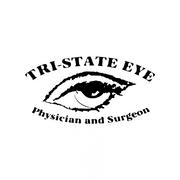
While it’s easy to take your eyes for granted, there are many vision-threatening issues to be wary of. The eye doctors at Tri-State Eye in Middletown, NY and Milford, PA, are equipped to treat many of these problems, including cataracts and glaucoma. Retinal detachment is another condition that may result in severe vision loss. Here, their trusted explains what happens when your retina detaches, how an eye doctor will fix it, and who is most at risk.
What Happens When Your Retina Detaches?
The retina is a thin layer of light-sensitive nerve tissue that lines your eye, creating and sending the image to your brain. A retinal detachment occurs when this sheath is pulled or separated from the back wall of the eye. Changes in the jelly like fluid, or vitreous, can pull or tug on the retina causing a hole or tear. This allows the fluid to leak behind the retina causing the detachment, like water under wallpaper. If your retina detaches, you may notice flashes of light, small flecks or cobweb-like threads floating in your vision, and a change or “curtain” in your peripheral or side vision. Depending on the location and severity, a retinal detachment can cause permanent vision loss, promptly contact the offices of Tri-State Eye if you experience any of these symptoms.
What Treatments Are Used to Heal Retinal Detachment?
There are three primary surgical methods used to treat retinal detachment: pneumatic retinopexy, scleral buckle, and vitrectomy. Some may only require laser treatment. A retinal specialist will choose a procedure depending on the severity of the detachment. During a pneumatic retinopexy, a gas bubble is injected to push the tear back against the wall of the eye. A scleral buckle is a flexible band placed around the eye to drain the liquid and guide the retina back into position. A vitrectomy removes the vitreous gel from the eye to allow reattachment and may be combined with a scleral buckle.
Who Is Most at Risk for Retinal Detachment?
Retinal detachment can occur at any age, but mostly commonly in people over 40. If you have had an eye injury, a family history of retinal detachment, cataract surgery, or extreme nearsightedness, your risk will also increase.
If you are experiencing any of the symptoms of retina detachment, call (845) 703-2020 to reach their Middletown location or (570) 296-9696 for the office in Milford. For more information on cataracts, vision loss, or glaucoma, visit them online.
About the Business
Have a question? Ask the experts!
Send your question

